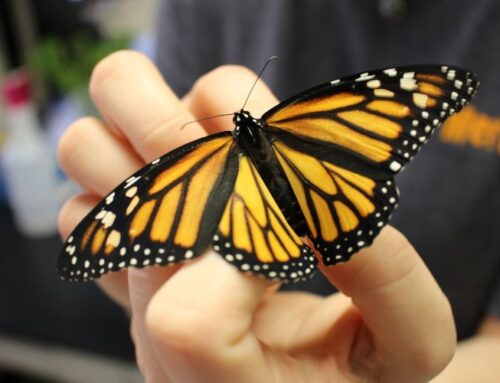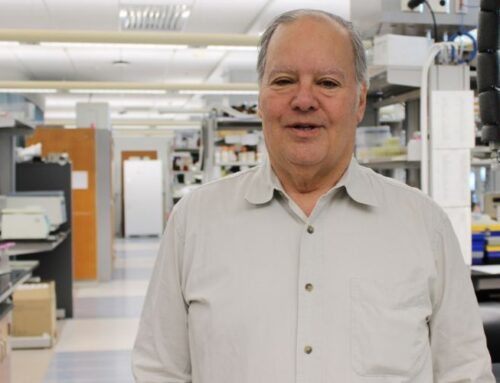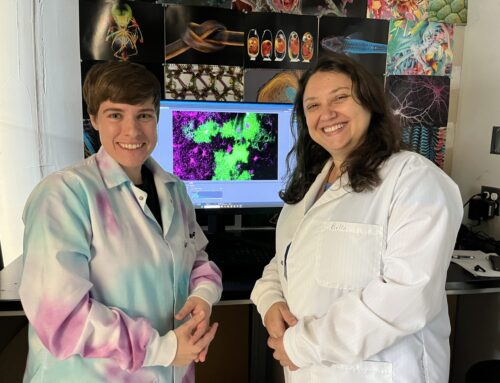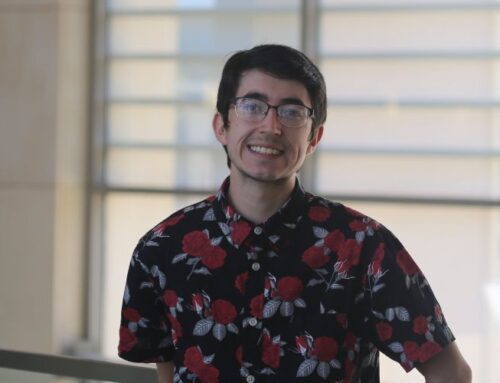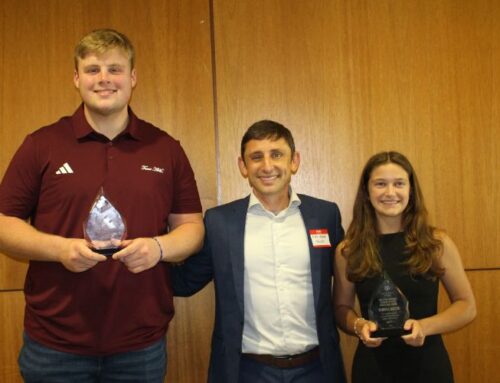Biology Faculty Leading a National Discussion
By: TAMU Biology
At this year’s American Spinal Injury Association (ASIA) Annual Scientific Meeting, Dr. Jennifer Dulin, an Associate Professor in the department of Biology, played a leading role in advancing the national conversation on spinal cord injury (SCI) research and funding.
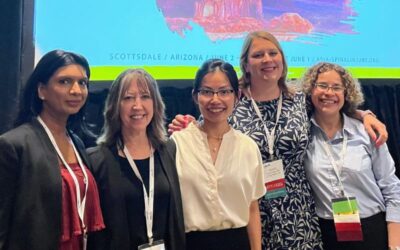 Dr. Dulin delivered a presentation: Systematic Analysis of Federal Funding for SCI Research: Where is the Money Going? Her talk highlighted two critical points for the field:
Dr. Dulin delivered a presentation: Systematic Analysis of Federal Funding for SCI Research: Where is the Money Going? Her talk highlighted two critical points for the field:
- The ecosystem of federal funding for SCI research in the U.S. — anchored by NIH, DoD CDMRP, VA, and CHNF — is both complementary and essential, with each agency supporting key components of basic, preclinical, translational, and clinical research.
- Alarmingly, the overall level of federal funding for SCI research is shrinking to an unprecedented degree. Dr. Dulin stressed the importance of developing strategies to increase the impact of current SCI research investments, and to expand support for underrepresented areas, including secondary health conditions related to SCI.
In addition to her individual presentation, Dr. Dulin also served as a co-chair for the Translational Research to Inform Practice session: Strategies Across the Translational Spectrum to Improve Recovery after SCI.
This collaborative course brought together experts across the field to explore the latest advances in cell-based and neuromodulatory approaches to promote recovery following spinal cord injury. The session featured discussions on:
- Targeting glial cells (astrocytes and oligodendrocytes) to enhance function
- Transplantation of neural progenitor cells (presented by Dr. Dulin)
- Modulation of neuronal networks
- Neural plasticity-based neurorehabilitation in human SCI patients
By bridging pre-clinical research with clinical applications, this panel offered new insights into how emerging cell-based therapies may help restore function in human SCI patients. The diverse panel included faculty at all career stages, fostering dynamic dialogue about the translational potential of these cutting-edge approaches.
Dr. Dulin’s leadership at the ASIA conference reflects the growing national recognition of her lab’s work in spinal cord injury research and Texas A&M Biology’s commitment to tackling some of today’s most challenging biomedical problems.

